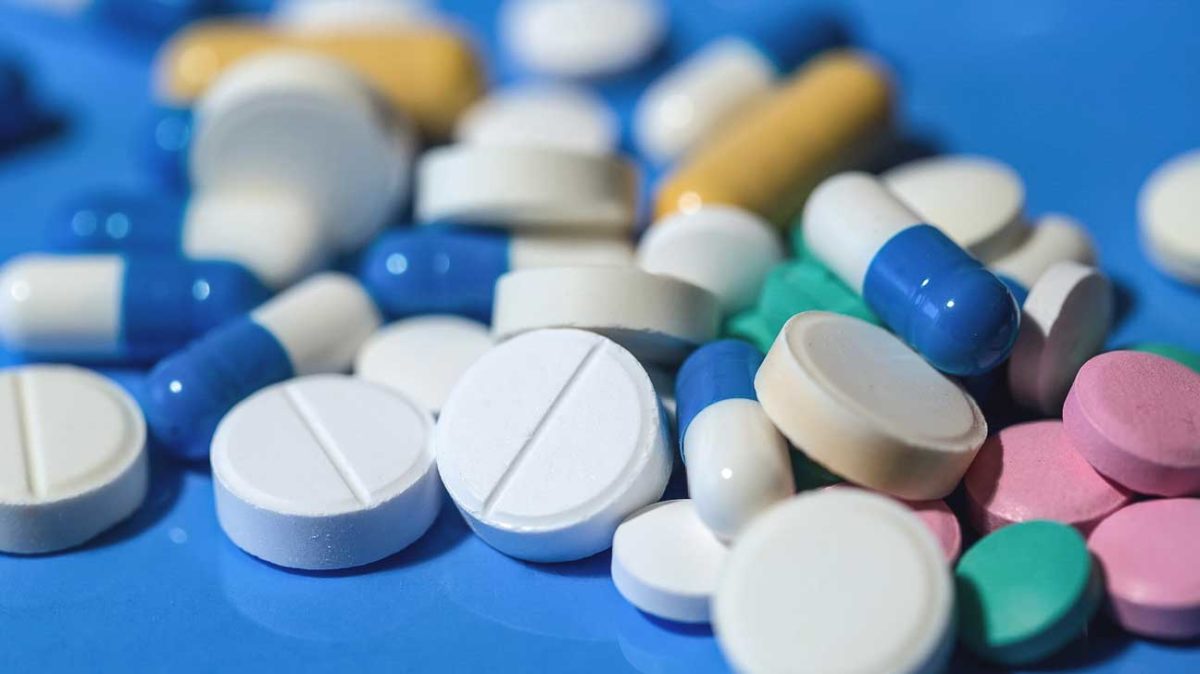This article is excerpted from the 2023 Hemp Industry Opportunities Report. To order the report, click here.
By Xavier Jaillet
Clark Hill PLC
D8, or delta-8 tetrahydrocannabinol, is a unique cannabinoid: It is not scheduled in the Controlled Substance Act, yet it has intoxicating effects – it will get you high! Under the 2018 Farm Bill, any compound extracted from hemp qualifies as hemp, so D8 extracted from hemp is federally legal. In fact, D8 is only one of many “novel” cannabinoids occurring naturally in cannabis sativa L. that have been identified by savvy entrepreneurs. Delta-10 tetrahydrocannabinol (D10) is another example of a cannabinoid that occurs naturally in cannabis and hemp plants.
Last year saw an explosive rise in the number of consumer products containing such “novel” intoxicating cannabinoids. Consumers can purchase these products online or, depending on their jurisdiction, in brick-and-mortar cannabis dispensaries and/or at traditional retailers. The meteoric rise has not been without controversy.
[In the news: The attorney general of Connecticut announced last week that he is suing five store operators for allegedly selling products containing delta-8 THC. According to a news release, the products allegedly violate the Connecticut Unfair Trade Practices Act. Meanwhile, the Drug Enforcement Administration (DEA) this week stated that two novel cannabinoids – delta-8 THCO and delta-9 THCO — do not meet the federal definition of legal hemp and are therefore considered illegal controlled substances. Learn more here.]
Intoxicating Cannabinoids: Natural or Synthetic
Many terms are used interchangeably when discussing intoxicating hemp-derived cannabinoids: alternative, minor, novel, hemp-derived, psychoactive, natural and synthetic. What gives?
Well, it depends on the actual cannabinoid. There is a division between truly naturally occurring cannabinoids, such as D8 and D10, and those created purely by synthetic conversion of other cannabinoids like THC-O or HHC. Interestingly, much of the “naturally” occurring cannabinoids, like D8, occur only in very limited amounts naturally – hence the “minor” designation. Most of the D8 on the market is created by an isomerization process that converts cannabidiol (CBD) into D8. So, some of the intoxicating cannabinoids do occur naturally, but typically they occur in very small concentrations that restrict cost-effective manufacturing practices. Entrepreneurs have instead pivoted to using chemical processes to generate much of the intoxicating hemp-derived cannabinoids available.
One thing is certain when it comes to the intoxicating hemp-derived legal landscape: There is no consensus on how, or even if, such products should be regulated.
The Economic Argument
The emergence of intoxicating hemp-derived cannabinoid commercial activities has led to the creation of thousands of jobs and generated millions in tax revenues. Entire state cannabis industries – such as Tennessee’s – are enabled because of intoxicating hemp-derived cannabinoids. In stark contrast to the situation in regulated cannabis industries in most states, the economic barrier to participating in the intoxicating hemp-derived cannabinoid market is relatively low. Start-ups and entrepreneurs that do not have the capital for cannabis licensing are able to develop their brands and products with hemp-derived cannabinoids.
Further, intoxicating hemp-derived cannabinoid products are federally legal, removing the need for purely intrastate vertical operations. Intoxicating hemp-derived cannabinoid product manufacturers can source input ingredients from around the United States, can ship finished products to most states, and can promote their products legally on marketing and social platforms not available to the cannabis industry. Hemp farmers are given another commercial avenue to sell off biomass and harvests, and the vast stores of extracted CBD that have flooded the market since 2018 have a new use being converted into intoxicating cannabinoids.
As you might imagine, the cannabis industry is crying foul. It is subject to robust application and licensing costs, mandated compliance programs and aggressive testing regimes to cultivate, produce and sell delta-9 intoxicating products. Licensed cannabis operators see intoxicating hemp-derived cannabinoid products as unfair market competition. However, cannabis operators shy away from making a purely economic argument and instead rely on the public health angle.
The Public Health Argument
Just like the economic argument, the public health argument lays out the pros and cons of the rapid emergence of the intoxicating hemp-derived cannabinoid industry segment. The pros are centered on patient access and the body of medical literature that has emerged regarding the potential medical and therapeutic benefits of cannabinoids. While many states have enacted some form of cannabis regulations, many have not, and there are thus many U.S. citizens who lack legal access to cannabis products. Federally legal intoxicating hemp-derived cannabinoid products are a lawful way for those citizens to harness the benefits of cannabinoids, even in states where politicians are staunchly anti-cannabis.
On the flip side, and as espoused by licensed cannabis operators, the intoxicating hemp-derived cannabinoid industry is not subject to proper regulatory oversight. The 2018 Farm Bill assigned regulatory jurisdiction of hemp and hemp-derived products to the FDA, but, as with CBD products, the FDA has declined to engage in rulemaking that might control intoxicating hemp-derived cannabinoid products. The intoxicating hemp-derived cannabinoid industry thus is largely self-regulated. Consumers must take a leap of faith to trust that intoxicating hemp-derived cannabinoid products are safe and effective and indeed what they claim to be. Many, if not most, intoxicating hemp-derived cannabinoid operators are good actors that provide accurate Certificates of Analysis, proper adverse event reporting channels and operate cGMP facilities. There are certainly, however, others that seek to maximize profits at the expense of product quality and consumer safety.
The post The Delta-8 Debate: The Rise of Intoxicating Hemp-Derived Products first appeared on Let’s Talk Hemp.

